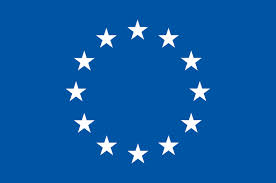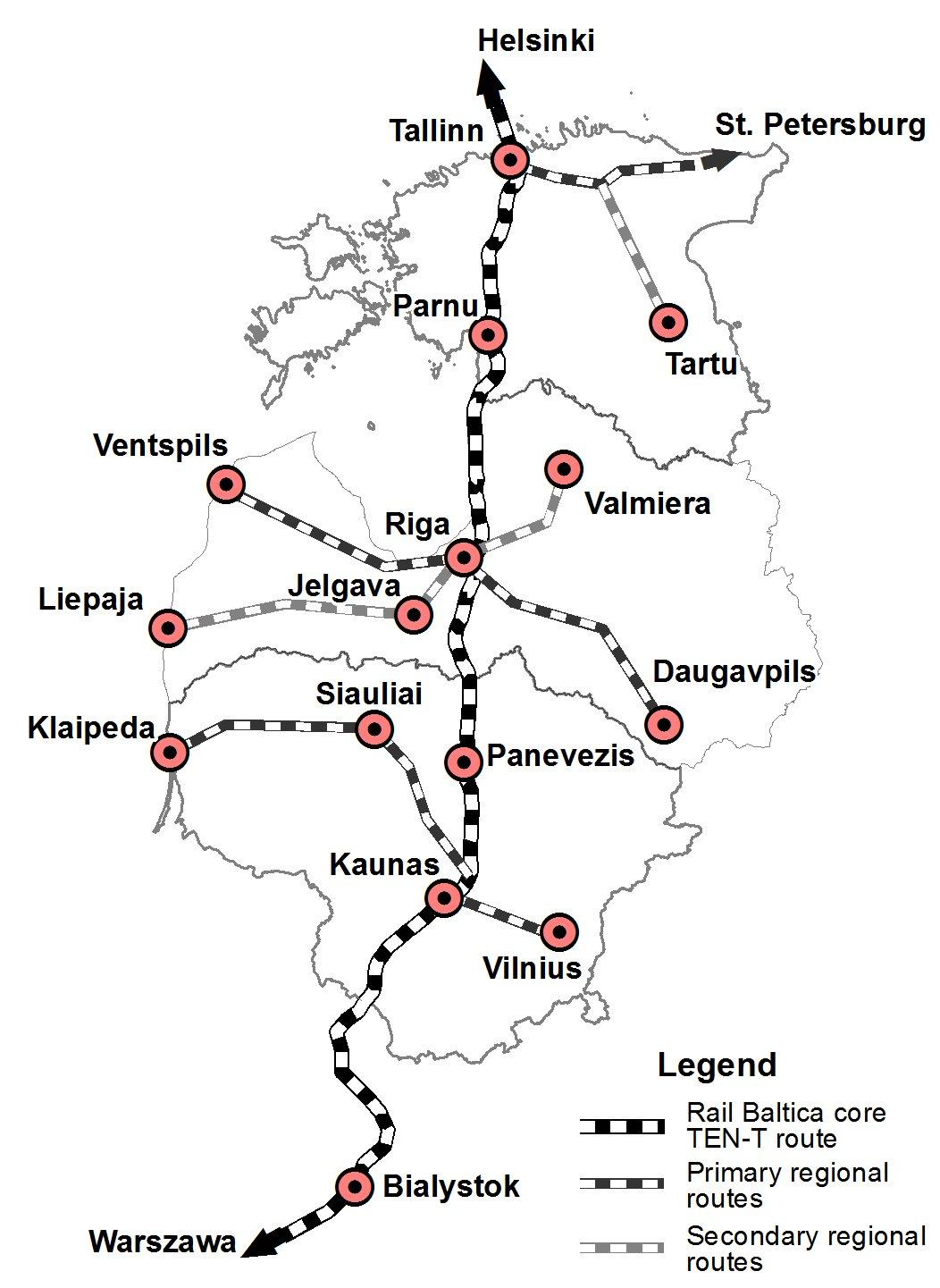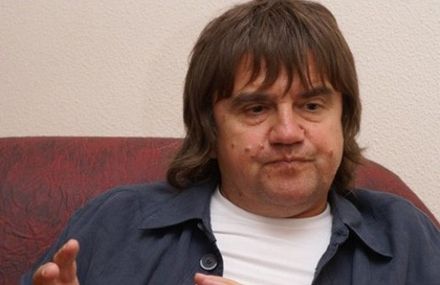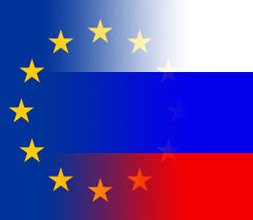Euro-Integration
New EU appointments. The Gdansk wind.
31 Aug 2014The European Council has appointed Federica Mogherini as the next EU High Representative and Polish Prime Minister Donald Tusk as EU Council President.
The EU Vote – 2014
28 May 2014| Political Group | Votes | MEPs | ||
| Political Group | % | Change+/- | Total | Change +/- |
| Epp | 24.22 | -8.29 | 221 | -50 |
| Soc | 24.26 | +1.58 | 185 | -6 |
| Oth | 20.91 | +7.38 | 113 | +84 |
| Lib | 7.87 | -2.42 | 55 | -30 |
| Grn | 7.21 | -0.04 | 47 | -8 |
| Con | 4.16 | -0.59 | 45 | -11 |
| Left | 6.23 | +2.1 | 45 | +10 |
| Efd | 5.13 | 0.29 | 40 | +11 |
Dalia Grybauskaite was re-elected president of Lithuania in a runoff. She won 58% of the votes with her Social Democrat rival Zigmantas Balcytis trailing on 42%. Early results showed about 43.7 percent of the country’s 2.5 million registered voters went to the polls. Lithuanians also voted to fill 11 seats in the European Parliament.
Ms Grybauskaite thanked her supporters for granting her a second term.
“No president has been elected twice in a row in Lithuania. It will be a historic victory for all of you,” she said.
She is an economist who served as Lithuania’s finance minister and EU budget commissioner before becoming her country’s first female president in 2009.
It was the biggest expansion in EU history when ten countries joined the bloc ten years ago amid great expectations and joy. Entrepreneurs in the old EU states were the only ones who remained wary. 
Niklas Helvig Research Fellow – The European Union Research Programme, Finnish institute of International Affaire thinks that after the end of the cold war, it was the only feasible policy of the EU to offer the countries in Europe’s East a European perspective. First and foremost, the new countries benefited greatly from accession. Just one example: while the GDP per capita in Slovakia was on the same level as Ukraine in 1990, it is now 4 times as high. Most of the increase took place from the early 2000s onwards. But also the EU itself benefited from its new members. Many of the new member states play a leading role in the policy making of the Union. Poland, for example, is a major player in Europe’s foreign policy.
Frank Hage Lecturer in Politics, Department of Politics and Public Administration, University of Limerick thinks that the prospect of becoming an EU member state was an important incentive in developing and maintaining democratic standards and functioning market economies for the countries transitioning from communist rule. In this regard, the prospect of enlargement and then the integration in the EU was very much a stabilizing factor in Central and Eastern Europe. That a trajectory towards democracy and the rule of law of transitioning countries cannot be taken for granted is best illustrated by current developments in Northern Africa after the Arab Spring revolutions and developments at the current EU’s Eastern periphery (e.g. Belarus and Ukraine).
According to Marjan Svetlicic Professor of International Economic Relations and Negotiations, University of Ljubljana Crises revealed some problems in the functioning of the EU as a whole which were accentuated by differences in the development level between old and new members. It revealed that the convergence was not fast enough that differences during the crises increased, that new members lagged behind in competitiveness that reforms in many of them slowed down after first positive effects of enlargement were consumed. Perhaps the major problem was that incumbent members, particularly Germany, thought that after enlargement adjustments are necessary only in new members. However “one needs two to dance”. Hence old members have to adjust as well. It is not sustainable that some countries, particularly Germany remains for years net exporter to other members and new members net importers.
Tom Rostoks, Researcher, Latvian Institute of International Affairs, In my opinion, the EU enlargement has been a tremendous success because it has shown what can be achieved by determined reform-minded governments in Central and Eastern Europe. Both old and new member states have benefited from enlargement. New member states have benefited financially from increased EU funding and their citizens have enjoyed greater freedom of movement. But old member states have also benefited because of increased stability and prosperity on their doorsteps. EU enlargement was a historical possibility, a window of opportunity, and the current events in Ukraine bear witness of what is happening with countries that do not formally belong to the community of EU and NATO member states.
From Matisak blog
See also:
Czech Republic, Temerlin tender cancelled.
10 Apr 2014The Czech energy giant ČEZ cancelled a tender on two new nuclear reactors at the Temelín nuclear power plant. The deal – estimated as worth hundreds of billions of crowns – was shelved a day after the government stated it would not offer any state guarantees in the project. There were two remaining bidders in the deal, the US-based Westinghouse and Russian-led consortium MIR 1200, who have been left empty-handed.
The problem is represented by the state guarantees. The government has just decided it was in no position to provide them at a time when electricity prices were too low and the electricity sector too turbulent. Many observers agree that it would have been a risky proposition to promise them.
That doesn’t mean nuclear power in the future won’t be an option, but certainly the government will have to go back to the drawing board to decide on how to proceed next time.
The original tender was problematic because ČEZ is 70 percent state owned while 30 percent is owned by minority shareholders. They could have protested the deal as too risky if it had gone ahead, with too many intangibles over the next 10, 20 or 30 years.
Material From Radio Prague.
The entire Rail Baltica line is supposed to pass through Poland, Lithuania, Latvia and Estonia, covering 950 km between Warsaw and Tallinn. 
As former parts of the Soviet Union, the three Baltic states still have railway tracks that are incompatible with the European ‘Standard Gauge‘, and the new line would be built according to the latter specifications.
Although Poland already uses Standard Gauge, it would still need to upgrade its railway line from Warsaw to Trakiszki on the Lithuanian border so that trains can travel at high speed.
According to Lithuanian Prime minister Algirdas Butkevicius, Polish government has ‘promised’ to carry out the upgrade, and the entire Rail Baltica line is due to be completed by 2024.
Construction costs will be covered by the EU’s Structural and Cohesion Funds, as well as the budgets of the countries involved.
Radio Polska, LETA.
«Интернационал» традиционных ценностей.
24 Feb 2014«Национализм шагает по Европе. Затянувшийся экономический кризис спровоцировал широкую волну недовольства среди населения по отношению и к собственным правительствам, и к наднациональным институтам Евросоюза. Двум из самых древних государств мира, Испании и Великобритании, угрожает сепаратизм.
Кажется, что ужасные уроки ХХ века начали забываться. Тогда трагический коктейль из экономической депрессии и национализма породил тоталитаризм. Следующим логическим шагом к катастрофической войне было появление лидеров, считавших себя даром судьбы. Лозунг «Gott mit uns», то есть «Съ нами Богъ», стал великолепным обманом для малообразованного народа.
Куда идет Евросоюз? … »
Статья – Джузеппе Д’Амато Московский Комсомолец № 26452 от 12 февраля 2014 г. Giuseppe D’Amato Moskovskij Komsomolets
Ucraina, rischi secessione.
21 Feb 2014“Non tutti hanno fiducia nei leader politici della protesta”. Così il politologo Vadim Karasiov, direttore dell’Istituto di strategia globale di Kiev.
“Mi riferisco ai vari Klitschko e Jatseniuk, – continua il noto politologo ucraino -. Il loro seguito è limitato. I giovani, quelli con sentimenti più radicali, non credono in loro. Gli obiettivi di questi ultimi sono la distruzione del partito delle Regioni e le dimissioni di Janukovich”. 
Come si può fermare il bagno di sangue? “E’ necessario capire che bisogna lasciare da parte il linguaggio degli ultimatum, i giochi tattici e gli imbrogli. Serve al più presto un compromesso per salvare il Paese. La gente non crede più a questa classe politica”.
Ma chi controlla i radicali? “La situazione è sfuggita di mano alla politica”.
Cosa vogliono i giovani del Maidan o perlomeno alcuni suoi settori, visto l’eterogeneità delle cosiddette opposizioni? “I giovani pretendono cose impossibili, cose fuori dalla realtà, come il movimento di protesta in Francia del maggio 1968. Qui sul nostro Maidan vi è una sintesi di tutte quelle correnti da Tahrir de Il Cairo ad i vari ‘occupy’. Si sono unite forme di protesta di carattere arabo, europeo con la tradizione ucraina dell’amore per la libertà. Sia per Janukovich che per le opposizioni è difficile controllare questa gente”.
Chi sostiene Janukovich? “La Russia, il clan di Donetsk, numerosi oligarchi, circa il 20% degli elettori ucraini. I dati dei sondaggi sono chiari: il 50% della popolazione sostiene il Maidan (e sono quasi tutti ad Ovest); il 50% no (e sono ad Est). A Kiev non c’è un tiranno come in Tunisia od un Ceausescu come in Romania. L’Ovest del Paese sostiene il Maidan, perché non crede all’Est”.
Ma perché Janukovich non ha fatto sgomberare piazza Indipendenza? “Avrebbe rischiato uno spaventoso spargimento di sangue con migliaia di morti. Il presidente non vuole entrare nella storia come un tiranno sanguinario. Il Maidan poi non è piazza Tienanmen. Siamo sotto agli occhi dell’Europa!”.
Quali errori ha compiuto l’Europa? “Non ha capito la situazione in cui si trovava l’Ucraina alla vigilia della firma del patto di Associazione all’Ue. Per un Paese di 46 milioni di persone e con un’economia così complessa si doveva pensare subito ad un’adesione per difenderla da Mosca. Sostenendo le opposizioni, l’Ue ha trasformato una questione interna in uno scontro geopolitico. E poi manca un centro unico diplomatico. Quale è la linea comune? Si sentono dei cori in cui ognuno canta per proprio conto”.
Come andrà a finire la crisi? “La crisi sarà ancora lunga. In ballo vi è la stessa sopravvivenza dello Stato ucraino. Alla fine potrebbero emergere due Stati, uno ad est e l’altro all’ovest. Speriamo che non si ripeta in tal caso lo scenario jugoslavo, ma sia un divorzio alla cecoslovacca”.
“As of January 2014, restrictions are lifted on Romanians and Bulgarians seeking long-term work in other EU member states. But experts say expectations of massive immigration from the two countries are likely unfounded.
Ideally, Nicu would like to stay in his home country, Romania. He worked as an electrician for a large electricity provider in western Romania for 25 years. His employer used to be a state-owned company until it was taken over by a foreign investor.
Many of his colleagues lost their jobs in the last couple of years. 45-year-old Nicu was initially allowed to stay. “But because of staff shortages, I had to pull double shifts,” said Nicu, who doesn’t want his last name published. “I was so tired that sometimes I almost fell asleep while I was driving.” …
Article – Deutsche Welle
ЕС с Россией вместе.
1 Jan 2014«В России радуются геополитической победе над Европой. Малая Русь спасена от европейского разврата и эксплуатации. О боже, ведь Украина еще до подписания соглашения об ассоциации с ЕС должна была внести изменения в ряд законов и даже Конституцию страны, но снова мешки с баблом задушили демократические права, на соблюдении которых настаивал Европейский союз!…
Да, Украина остается частью постсоветского мира, которым с помощью кнута и пряника хочет править Россия. Но все же это временная победа. Украина, как и другие государства, которые образовались после развала Советского Союза, в любом случае будет стремиться к тесному сотрудничеству с Европой, несмотря на то что сегодня их лидеры неприкрыто льстят Кремлю. Более того, курс на сближение с Евросоюзом ждет и саму Россию… » ***
Статья – Иржи Юст – Московский Комсомолец № 26417 от 23 декабря 2013 г. Jiří Just Moskovskij Komsomolets.
Welcome
We are a group of long experienced European journalists and intellectuals interested in international politics and culture. We would like to exchange our opinion on new Europe and Russia.
Categories
- Breaking News (11)
- CIS (129)
- Climate (2)
- Energy&Economy (115)
- EU Eastern Dimension (85)
- Euro 2012 – Sochi 2014 – World Cup 2018, Sport (43)
- Euro-Integration (135)
- History Culture (198)
- International Policy (261)
- Military (74)
- Interviews (18)
- Italy – Italia – Suisse (47)
- Odd Enough (10)
- Poland and Baltic States (126)
- Religion (31)
- Russia (421)
- Survey (4)
- Turning points (4)
- Ukraine (176)
- Российские страницы (113)
Archives
- November 2020
- October 2020
- September 2020
- August 2020
- July 2020
- May 2020
- April 2020
- March 2020
- January 2020
- December 2019
- November 2019
- October 2019
- September 2019
- August 2019
- July 2019
- June 2019
- May 2019
- April 2019
- March 2019
- February 2019
- December 2018
- November 2018
- October 2018
- September 2018
- August 2018
- July 2018
- June 2018
- May 2018
- April 2018
- March 2018
- February 2018
- January 2018
- December 2017
- November 2017
- October 2017
- September 2017
- August 2017
- July 2017
- May 2017
- March 2017
- January 2017
- December 2016
- November 2016
- October 2016
- September 2016
- July 2016
- June 2016
- May 2016
- April 2016
- February 2016
- January 2016
- November 2015
- October 2015
- September 2015
- June 2015
- April 2015
- March 2015
- February 2015
- January 2015
- December 2014
- November 2014
- October 2014
- September 2014
- August 2014
- July 2014
- June 2014
- May 2014
- April 2014
- March 2014
- February 2014
- January 2014
- December 2013
- November 2013
- October 2013
- September 2013
- August 2013
- July 2013
- June 2013
- May 2013
- April 2013
- March 2013
- February 2013
- January 2013
- December 2012
- November 2012
- October 2012
- September 2012
- August 2012
- July 2012
- June 2012
- May 2012
- April 2012
- March 2012
- February 2012
- January 2012
- December 2011
- November 2011
- October 2011
- September 2011
- August 2011
- July 2011
- June 2011
- May 2011
- April 2011
- March 2011
- February 2011
- January 2011
- December 2010
- November 2010
- October 2010
- September 2010
- August 2010
- July 2010
- June 2010
- May 2010
- April 2010
- March 2010
- February 2010
- January 2010
- December 2009
- November 2009
- October 2009
- September 2009
- August 2009
Our books




